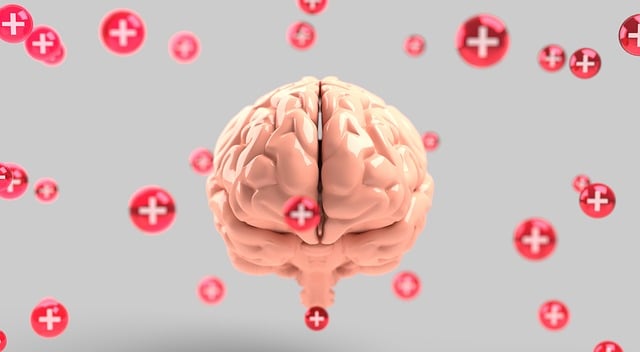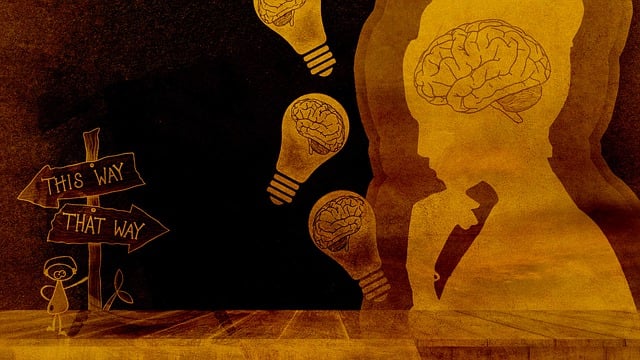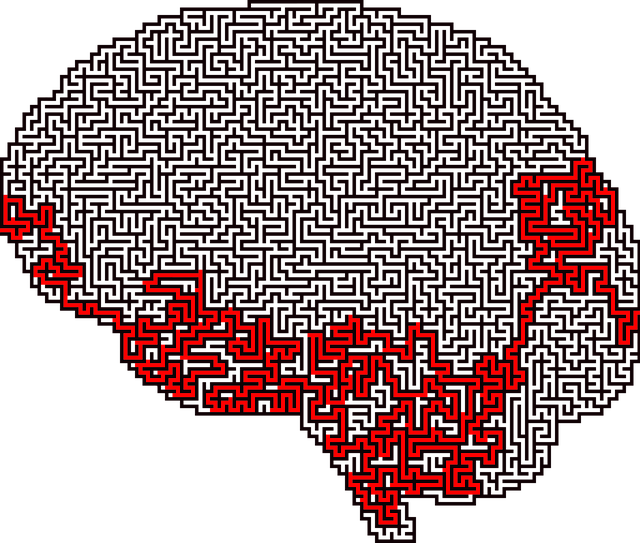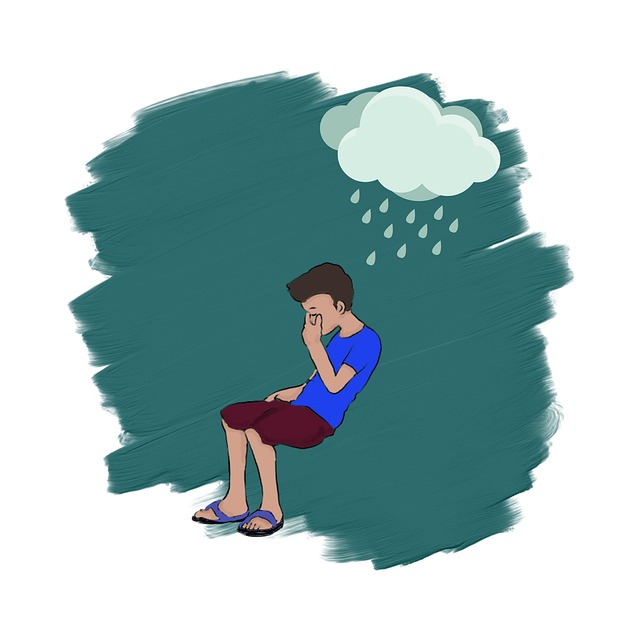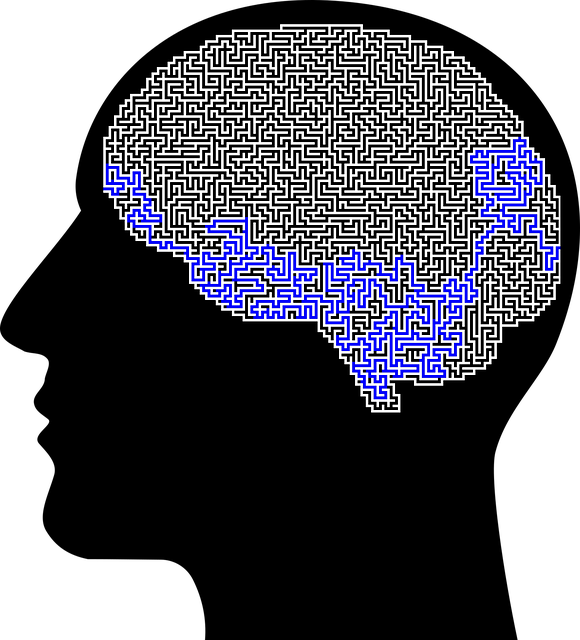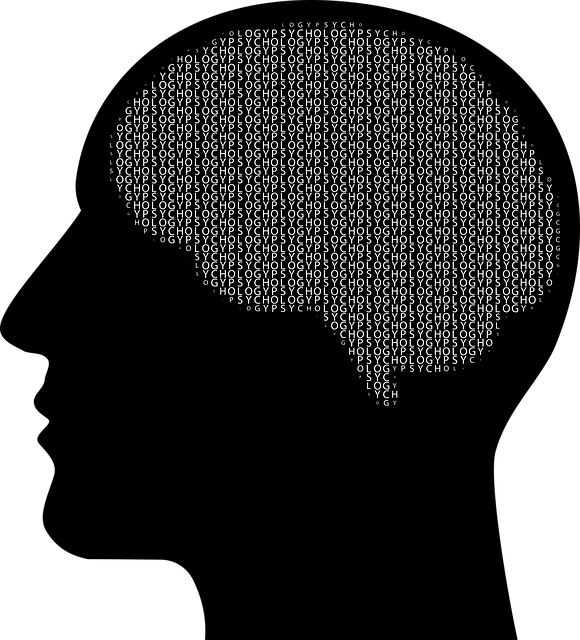Social Skills Training, particularly through innovative methods like Parker Oppositional Defiance Disorder (ODD) Therapy, is a crucial element in treating ODD and enhancing therapeutic outcomes. This approach addresses interpersonal difficulties, teaches essential social skills, and promotes emotional well-being. Community outreach programs focusing on burnout prevention and emotional support further aid individuals with ODD by developing communication, collaboration, and empathy, ultimately improving their social functioning and quality of life. Key components include cultural sensitivity, robust self-care for therapists, active listening, assertiveness training, and anxiety relief techniques. Evidence-based practices like Parker ODD Therapy, combined with Mental Wellness Journaling and Advocacy, have shown success in managing ODD and reducing stigma, emphasizing the importance of tailored, culturally sensitive therapy programs.
Social skills training is a powerful tool in addressing mental health conditions, particularly Parker Oppositional Defiance Disorder (ODD). This article delves into the intricate connection between social skills and mental wellness, exploring how targeted interventions can transform lives. We examine ODD symptoms, the challenges they present, and the pivotal role of social skills training in effective therapy. Through techniques and real-world success stories, we uncover best practices for helping individuals with ODD navigate social interactions and thrive.
- Understanding Social Skills and Mental Health: A Connection Explored
- Parker Oppositional Defiance Disorder (ODD): Symptoms and Challenges
- The Role of Social Skills Training in ODD Therapy
- Techniques and Strategies for Effective Social Skills Development
- Real-World Application: Success Stories and Best Practices
Understanding Social Skills and Mental Health: A Connection Explored

Social skills training is a crucial aspect often overlooked when addressing mental health conditions, especially in cases like Oppositional Defiant Disorder (ODD). Understanding the connection between social skills and mental health can significantly enhance therapeutic outcomes. ODD, characterized by frequent arguments with authority figures, defiance, and irritability, can lead to interpersonal difficulties that negatively impact an individual’s emotional well-being.
Through specialized therapy, such as Parker Oppositional Defiance Disorder Therapy, professionals aim to teach individuals effective social skills to navigate their relationships. This approach goes beyond traditional treatment methods, focusing on building resilience and fostering healthy connections. By incorporating techniques for burnout prevention and promoting emotional well-being, community outreach programs can play a vital role in supporting those with ODD. These initiatives ensure that individuals learn to communicate, collaborate, and empathize, thereby improving their overall social functioning and quality of life.
Parker Oppositional Defiance Disorder (ODD): Symptoms and Challenges

Parker Oppositional Defiance Disorder (ODD) is a mental health condition characterized by a persistent pattern of angry and defiant behavior, often targeted at figures of authority. Symptoms include frequent arguments with parents, teachers, or others; active resistance to rules; deliberate attempts to annoy or upset people; and anger or temper outbursts. These behaviors significantly impact daily functioning, affecting relationships at home, school, and in the community.
The challenges posed by ODD in therapy are multifaceted. Individuals with this disorder may struggle with emotional regulation, making it difficult for them to manage and express their feelings constructively. Cultural sensitivity in mental healthcare practice is crucial; understanding and respecting individual and family cultural backgrounds can significantly influence treatment outcomes. Moreover, developing a robust self-care routine for better mental health is essential to prevent burnout, particularly for therapists working with ODD clients. Effective Parker Oppositional Defiance Disorder therapy often involves strategies tailored to address these unique challenges, focusing on improving communication, building positive relationships, and teaching alternative behaviors to replace defiant actions.
The Role of Social Skills Training in ODD Therapy

Social Skills Training (SST) plays a pivotal role in the Parker Oppositional Defiance Disorder (ODD) therapy framework, focusing on empowering individuals with effective communication and interpersonal strategies to navigate social interactions successfully. ODD is characterized by recurrent and persistent patterns of angry and defiant behavior, often leading to significant impairments in various aspects of life. SST addresses these challenges head-on by teaching essential skills like active listening, empathy building, and appropriate assertiveness techniques.
Through structured activities and role-playing scenarios, individuals with ODD learn to manage their emotions during social exchanges, reduce impulsive behaviors, and foster healthier relationships. This approach not only enhances their immediate social dynamics but also contributes to long-term improvements in areas such as academic performance, family interactions, and community outreach. In line with the broader context of mental health care, integrating SST into ODD therapy aligns with essential considerations for risk management planning for mental health professionals and burnout prevention strategies for healthcare providers. Furthermore, successful implementation of SST can be a game-changer when combined with well-designed community outreach program initiatives.
Techniques and Strategies for Effective Social Skills Development

Effective social skills development for individuals with mental health conditions like Oppositional Defiant Disorder (ODD) often involves a multi-faceted approach. One key strategy is Parker Oppositional Defiance Disorder Therapy, which focuses on teaching individuals coping mechanisms, communication skills, and problem-solving strategies to navigate social interactions more effectively. This therapy encourages active participation in group settings, role-playing scenarios, and one-on-one sessions to build confidence and reduce anxiety.
Complementing these techniques, mental wellness journaling exercises can provide valuable insights into social challenges and successes, fostering self-awareness and reflection. Additionally, Mental Health Policy Analysis and Advocacy plays a crucial role in creating supportive environments and encouraging societal acceptance, further enhancing the effectiveness of social skills training. Anxiety relief techniques, such as mindfulness practices and relaxation strategies, are also integrated to ensure individuals feel empowered and equipped to handle social situations.
Real-World Application: Success Stories and Best Practices

Social skills training has proven to be a game-changer in the realm of mental health conditions, particularly for individuals with Oppositional Defiance Disorder (ODD). Real-world applications of such therapy showcase remarkable success stories, offering valuable insights into best practices that can enhance treatment outcomes. For instance, the Parker ODD Therapy model emphasizes structured, evidence-based techniques tailored to address specific behavioral challenges. This approach encourages positive interactions and fosters social competence in various settings, from homes to schools, thereby improving relationships and overall mental well-being.
The impact of these interventions extends beyond individual cases, contributing to broader Mental Health Awareness initiatives. Public awareness campaigns can benefit from highlighting such success stories, promoting understanding and reducing the stigma associated with ODD and other mental health conditions. Moreover, Cultural Sensitivity in Mental Healthcare Practice plays a pivotal role, ensuring that training programs cater to diverse populations, considering unique cultural contexts that may influence social interactions and treatment responses.
Social skills training has emerged as a powerful tool in addressing mental health conditions, particularly Parker Oppositional Defiance Disorder (ODD). By integrating techniques that foster effective communication and interpersonal interactions, therapists can significantly enhance the therapeutic process. The real-world success stories highlighted throughout this article underscore the importance of social skills development in ODD therapy, offering valuable insights for best practices and a promising path forward.
